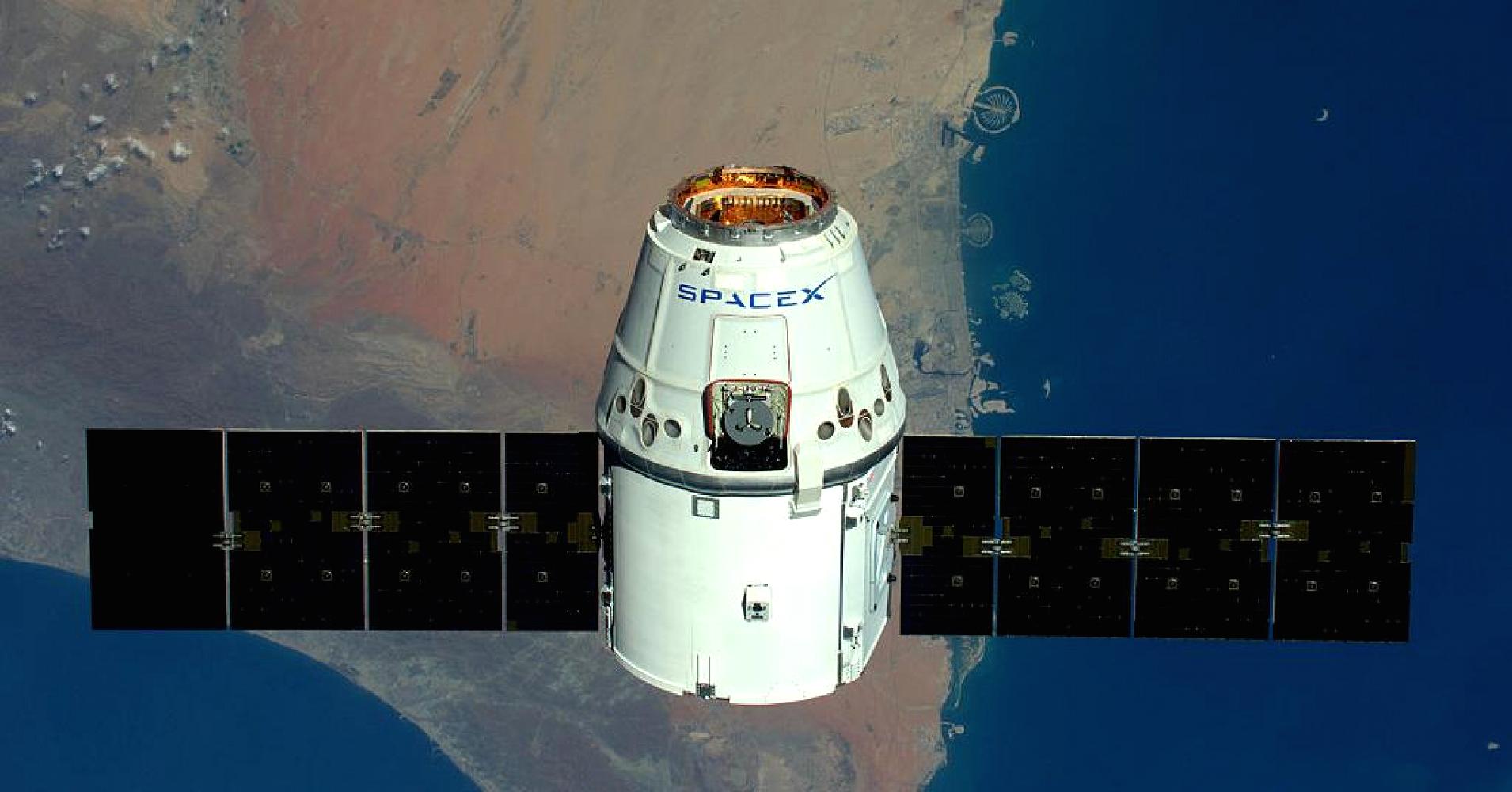Shift 2: Open-source code, Node, and frameworks
Once widely considered a toy language, Node has quickly taken over the web and fostered an incredible open-source community. For those who are unfamiliar, Node is a way for JavaScript to run on a server. What’s so incredible about Node is that the same developers who were only writing client-side code (front-end web development) can now write backend code without switching languages.
In addition, there is an incredible community that rallies around and thrives off of open-source contributions. The infrastructure and open-source packages are very powerful, allowing developers to not just solve their own problems, but also to build in a way that solves problems for the entire community. Building a software product with Node today is like playing with Lego blocks; you spend most of your time simply connecting them.








